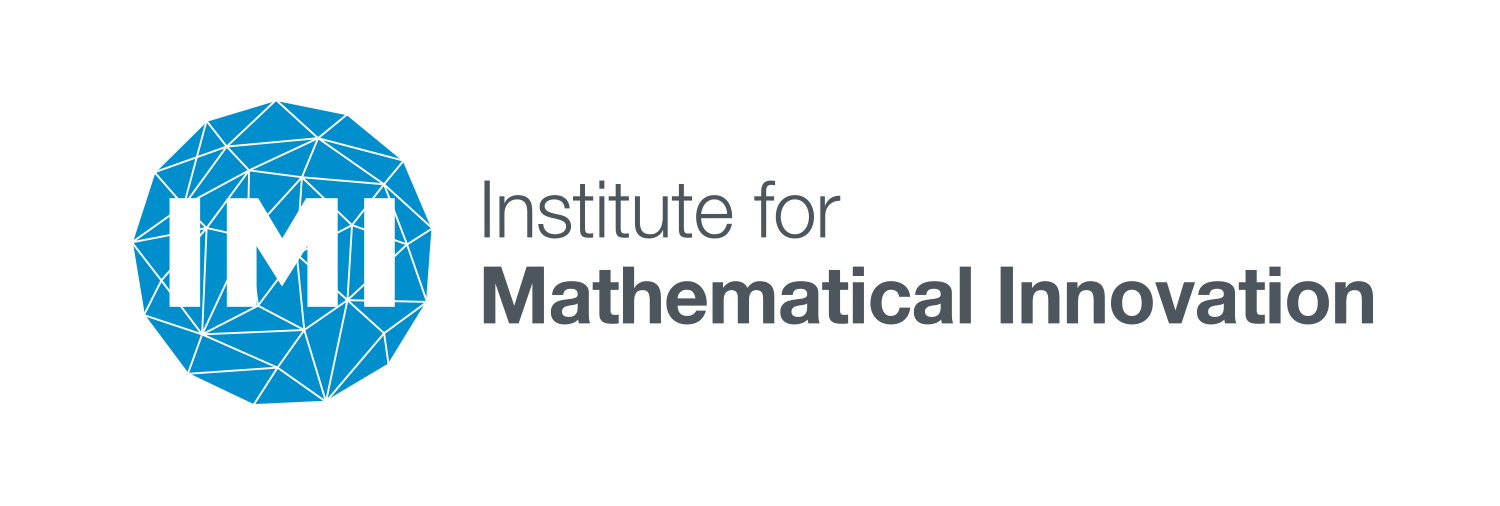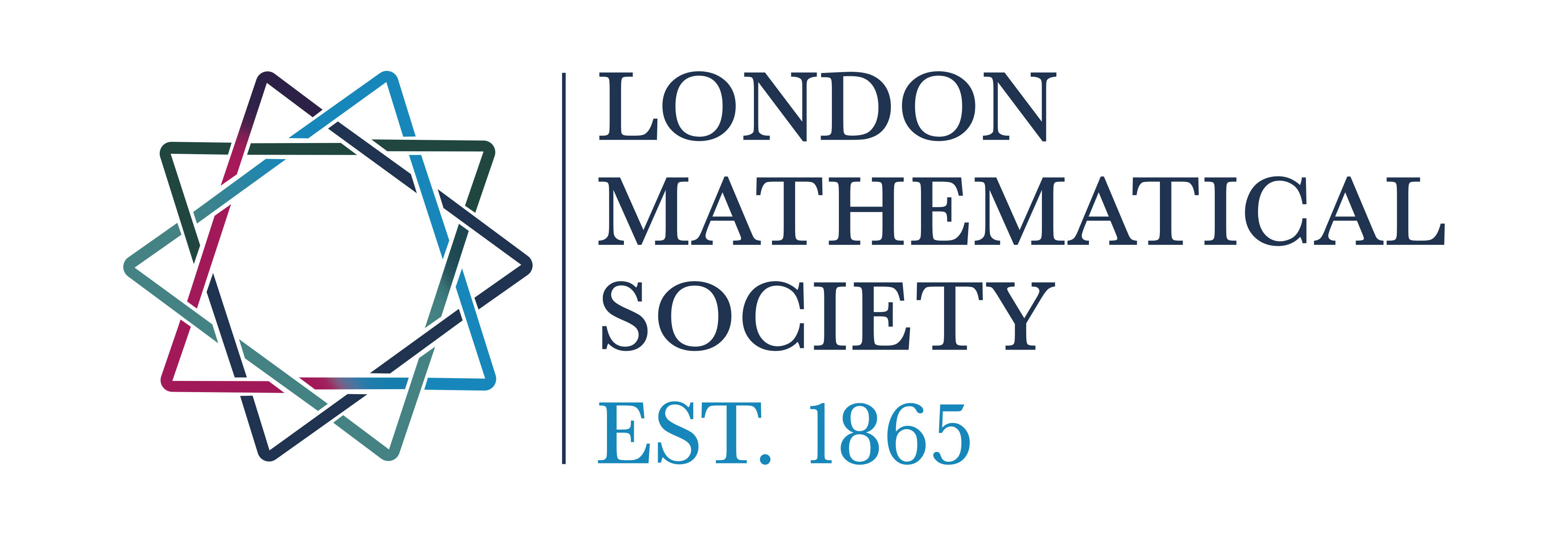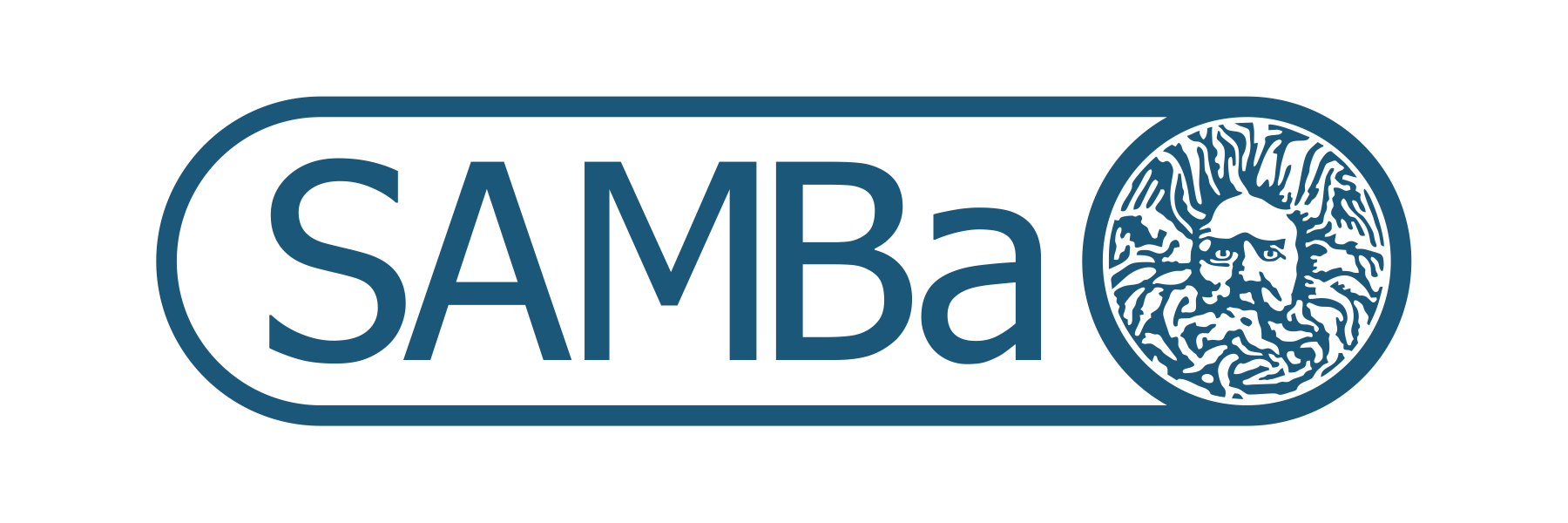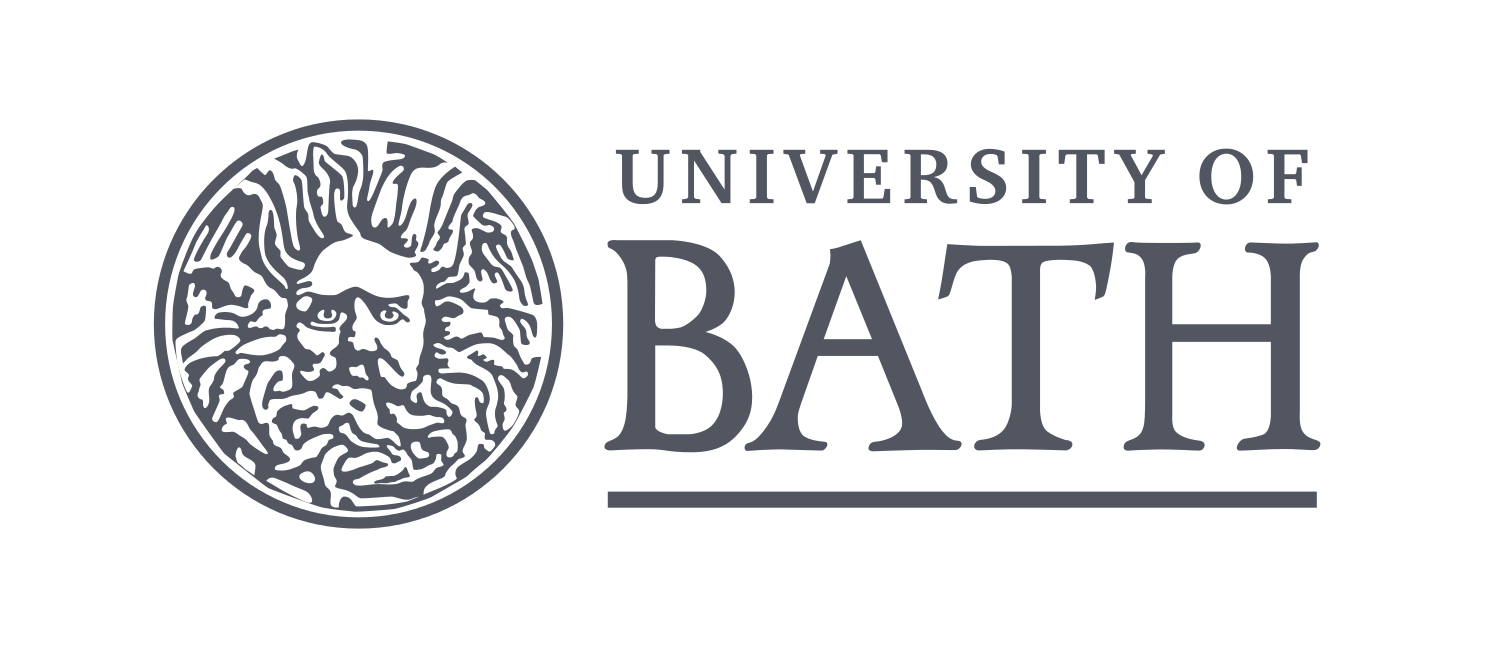Update (8 June 2020): Due to the Covid-19 situation, this symposium will now run online.
Scope
Machine Learning (ML) can described as statistical and numerical methods which underpin modern algorithms for detecting patterns and inference. A common theme to many activities in ML today is that mathematical models based on sample data are used to train algorithms to work on real data. Applications include self-driven cars, fraud detection, and recommendations on online shops like Amazon. ML is an emerging field in mathematics, combining hitherto largely separated branches of mathematics under one roof, such as variational methods, numerical analysis and statistics. The conference will bring together people working in approximation theory, inverse problems, optimal transport, multi-scale analysis and statistics, for example.
ML is currently undergoing a massive expansion, due to the unprecedented availability of large amounts of data. The data explosion requires new fast and efficient classification methods. Image recognition is a classic example, where the aim is to train computers so that they can automatically detect and differentiate the content, say separate pictures of cats from pictures of dogs. Therefore it is sometimes said that an ML revolution is underway, which is transforming our society. The last decade has seen tremendous improvements by ML in application areas ranging from (bio-) medical sciences, computer vision and finance to name a few. Nowadays ML solutions are deployed on mobile phones such that ML impacts all of our lives.
Remarkably, while ML relies on mathematical models and tools, many ML algorithms are not well understood mathematically. One reason for this is that ML has been historically developed as a subfield of computer science and not mathematics. Fundamental questions are open, such as convergence and convergence rates, or the topology and geometry with which data should be studied. It is important for the mathematical community that mathematics claims its share of ML, and provides a solid underpinning of the ML methods that surround us in daily life. This conference will advocate the connection of many mathematical disciplines like numerical analysis, inverse problems, optimisation, statistics, optimal transport, dynamical systems, partial differential equations to ML. By bringing together world-leading mathematicians, statisticians and data scientists to discuss recent developments in the fundamental understanding of ML we aim to shed light into the mysterious pathways of ML.
Invited Speakers
- Jonas Adler, Google DeepMind, UK
- Simon Arridge, University College London, UK
- Erik Bekkers, University of Amsterdam, Netherlands
- Martin Benning, Queen Mary University of London, UK
- Elena Calledoni, Norwegian University of Science and Technology, Norway
- Coralia Cartis, University of Oxford, UK
- Yuejie Chi, Carnegie Mellon University, USA
- Lénaïc Chizat, Laboratoire de Mathématiques d’Orsay, France
- Stephane Chretien, University of Lyon, France
- Nadia Drenska, University of Minnesota, US
- Weinan E, Princeton University, USA
- Alhussein Fawzi, Google DeepMind, UK
- Andrew Fitzgibbon, Microsoft Research, UK
- Anders Hansen, University of Cambridge, UK
- Varun Kanade, University of Oxford, UK
- Benedict Leimkuhler, University of Edinburgh, UK
- Sofia Olhede, EPFL, Switzerland
- Brynjulf Owren, Norwegian University of Science and Technology, Norway
- Marcelo Pereyra, Heriot-Watt University, UK
- Philipp Petersen, University of Vienna, Austria
- Johannes Schmidt-Hieber, University of Twente, Netherlands
- Carola-Bibiane Schönlieb, University of Cambridge, UK
- Aretha Teckentrup, University of Edinburgh, UK
- Spencer Thomas, National Physical Laboratory, UK
- Matthew Thorpe, University of Manchester, UK
- Ivan Tyukin, University of Leicester, UK
- Pierfrancesco Urbani, Université Paris-Saclay, France
- Jong Chul Ye, KAIST, Korea
Organisers
- Philip Aston, University of Surrey, UK
- Matthias J. Ehrhardt, University of Bath, UK
- Catherine Higham, University of Glasgow, UK
- Clarice Poon, University of Bath, UK
Registration
Registration is now open, see link.
Deadline: 20 July 2020
Schedule
The event will run Monday, 3 August to Friday, 7 August with sessions starting at 9 am London/BST (4 am New York/EDT, 5 pm Seoul/KST) and finishing about 6 pm London/BST (1 pm New York/EDT, 2 am Seoul/KST). The schedule is now available here.
Contact
Contact the organisers: MathML2020@bath.ac.uk
Code of conduct
We invite you to this event in a spirit of curiosity, friendliness, open-mindedness and respect. We value your participation and want to ensure a welcoming and safe environment for all. For more information on the code of conduct please refer to link.
Sponsors
- Institute for Mathematical Innovation (IMI)
- London Mathematical Society (LMS)
- Microsoft Research
- Statistical Applied Mathematics at Bath (SAMBa)
- University of Bath








